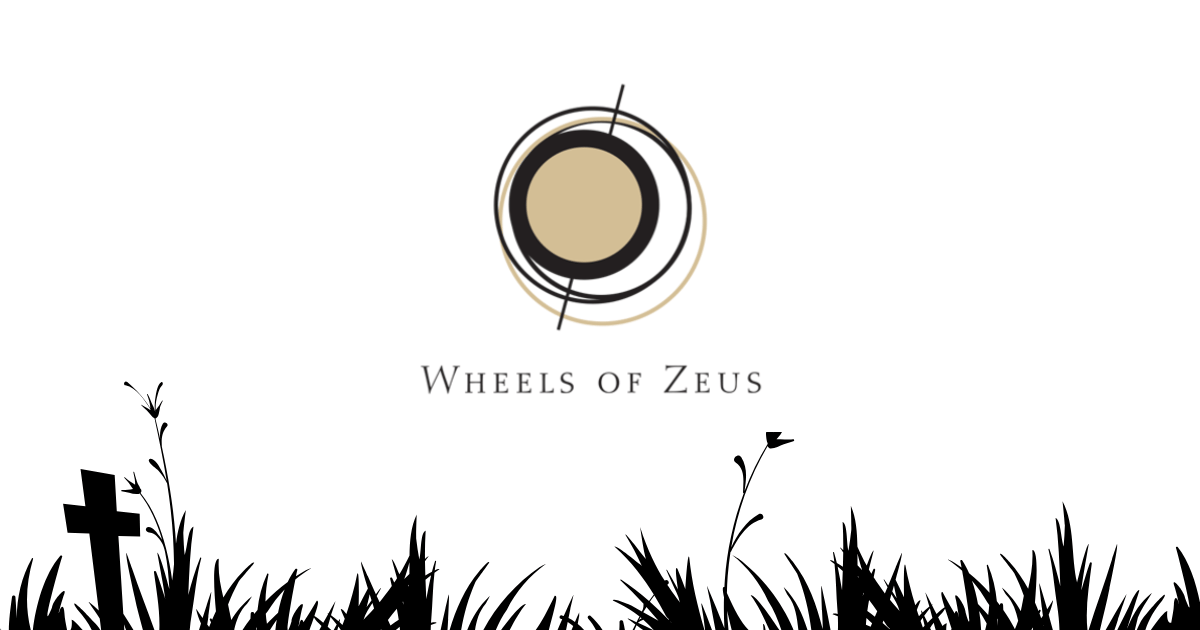
Wheels of Zeus (WoZ) was a wireless location-tracking startup founded in 2002 by Apple co-founder Steve Wozniak. The company aimed to bring affordable, consumer-friendly GPS tracking to everyday life, long before smart tracking devices like Apple’s AirTag and Tile became mainstream. Despite early promise, WoZ shut down in 2006, making it one of the lesser-known chapters in Wozniak’s entrepreneurial journey.
Origins and Vision
Steve Wozniak, known for co-founding Apple Inc., launched Wheels of Zeus with the goal of using GPS and wireless networks to help people keep track of important everyday items such as pets, briefcases, and bicycles. The company’s mission was to create “technology to help everyday people track everyday things.”
At a time when GPS technology was expensive and complex, WoZ aimed to simplify and commercialize tracking solutions for consumer and business applications. The company received $6 million in venture funding from Mobius Venture Capital, Draper Fisher Jurvetson, and Palo Alto Investors in 2002.
WoZ Technology and Products
WoZ developed a proprietary wireless tracking system using a combination of GPS, RF (radio frequency) communication, and an internet-based tracking service. The system consisted of three main components:
1. Smart Tag
A GPS-enabled device that could be attached to objects (briefcases, pets, etc.).
Used geo-fencing to alert users if an item moved outside a designated area.
2. Tag Detector
A handheld device that allowed users to locate and monitor multiple Smart Tags.
Provided directional guidance for finding lost items.
3. WoZ Service (wOzNet)
An internet-based tracking system that allowed remote monitoring of Smart Tags.
Sent email or SMS alerts when tagged items left their designated areas.
Used a proprietary wireless network (wOzNet) designed for low-power, long-distance communication.
The technology was seen as an early precursor to modern IoT (Internet of Things) tracking devices, offering real-time tracking with a user-friendly interface.
Strategic Partnerships and Licensing
WoZ attracted interest from major tech companies. In 2004, Motorola licensed WoZ’s platform to develop networked consumer electronics. This demonstrated the potential for location-based technology in mainstream consumer applications.
Challenges and Decline
Despite its visionary approach, WoZ encountered several challenges:
1. Premature Market Timing
GPS-based consumer tracking was still costly and complex in the early 2000s.
The technology wasn’t compact or efficient enough for mass adoption.
2. Limited Wireless Infrastructure
The wOzNet system required a dedicated wireless network, which was difficult to scale.
Modern cellular and Bluetooth networks (which later enabled devices like Tile and AirTag) were not yet widespread.
3. High Production Costs
Manufacturing GPS-enabled consumer hardware was expensive, making it difficult to achieve a profitable pricing model.
4. Lack of Strong Consumer Demand
While business and industrial applications (like fleet tracking) later became successful, WoZ’s consumer-focused approach did not gain widespread adoption.
In March 2006, Wheels of Zeus officially ceased operations. The company’s assets and patents were later acquired by ZonTrak, a company specializing in asset-tracking solutions.
Legacy and Industry Influence
Although WoZ failed as a business, it was ahead of its time in the field of GPS-based consumer tracking. The core concept behind WoZ re-emerged years later with products like:
Tile (2012) – A Bluetooth-based tracking tag that helps locate lost items.
Apple AirTag (2021) – A similar smart-tracking device leveraging Apple’s Find My network.
Wozniak’s vision of everyday location tracking ultimately became a mainstream technology, proving that WoZ was an early innovator in IoT tracking solutions.
Wheels of Zeus Scorecard
Dimension | Score | Reasoning |
|---|---|---|
Product-Market Fit | 2/5 | While the idea of GPS-based consumer tracking was innovative, the market wasn’t ready for widespread adoption due to cost and infrastructure limitations. |
USP | 4/5 | WoZ introduced a novel combination of GPS, RF communication, and internet-based tracking long before IoT became mainstream. However, execution challenges and hardware limitations prevented mass appeal. |
Timing | 1/5 | WoZ was far ahead of its time, launching before wireless infrastructure (Bluetooth, cellular IoT networks) could support its vision affordably. |
Founder Fit | 5/5 | Steve Wozniak’s expertise in hardware and innovation made him a strong fit for leading a tech-driven startup, but market challenges were beyond his control. |
Team (Execution) | 3/5 | The team built promising technology and secured partnerships (e.g., Motorola), but the reliance on a proprietary network and high production costs limited scalability. |
Conclusion
Wheels of Zeus was an ambitious but premature attempt to bring GPS and wireless tracking into the consumer market. While it failed commercially, it paved the way for future advancements in location-tracking technology. Today, smart tracking devices are a booming industry, demonstrating that Wozniak’s idea—though too early—was ultimately visionary.
Key Takeaways from WoZ’s Failure
✅ Innovative, but too early for the market
✅ Technology ahead of wireless network infrastructure
✅ High production costs limited consumer adoption
✅ Concept later succeeded with Tile, Apple AirTag, and other IoT tracking solutions
I hope this story is useful in timing your product launch and I wish you the great success 👍
It took a lot of time to write this post. I hope you show your appreciation by sharing on your social channels.
Cheers,
Ram

👉 My simple ask: It took hours to put together this post for you. I hope you forward this email to at least one founder friend or share on your social channels 🙏.
Startup Obituary is for educational purpose only not a business advice.
